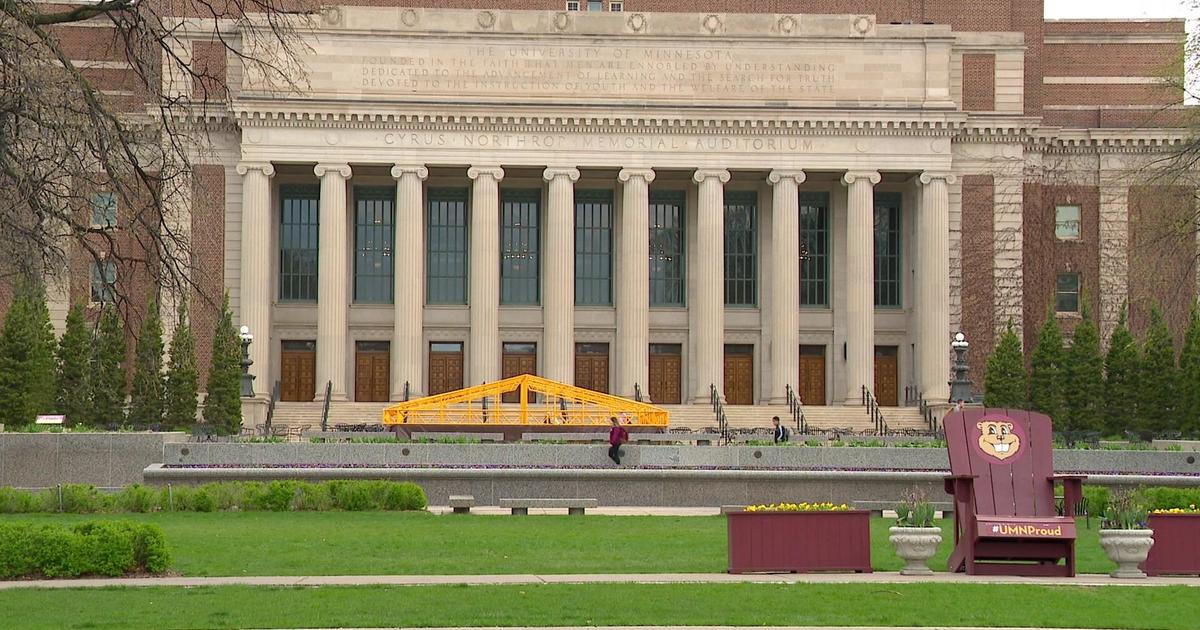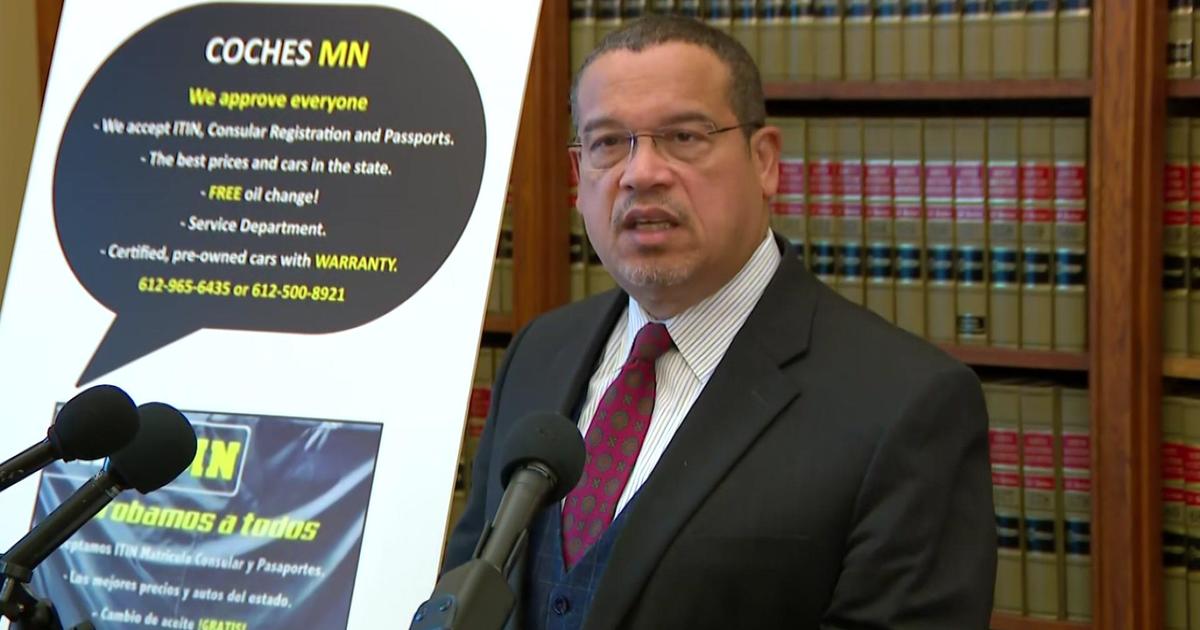Prosecution: Group Helped Minnesota Woman Kill Herself
HASTINGS, Minn. (AP) — Minnesota prosecutors said Wednesday that a national right-to-die group accused of assisting in the suicide of a 57-year-old woman who was suffering from chronic pain provided a "blueprint" for her to take her life, while a defense attorney argued that there's no evidence that Final Exit Network Inc. did anything illegal.
To convict the group, jurors must find that agents of Final Exit Network intentionally assisted Doreen Dunn in taking her life in 2007. In Minnesota, that assistance can include physical conduct or speech, provided the speech is aimed at giving a specific person instructions on how to end his or her life.
"They go beyond simply advocating a person's right to choose," Dakota County prosecutor Phil Prokopowicz told jurors during closing arguments. "This is an organization that directly connects to its members and provides them with the knowledge and means to take their own life. And in the state of Minnesota, that is where the line is crossed."
But defense attorney Robert Rivas said the state based its case on emotion and that the group is careful to stay within constitutionally protected speech. He said the group, which is incorporated in Georgia, provides people who choose to end their lives with emotional and philosophical support, and lets them know "they've got a friend."
Final Exit Network is charged with a felony count of assisting in the suicide of Dunn, an Apple Valley woman who had lived with intense pain after a bad reaction to a medical procedure. The group is also charged with interfering with a death scene. The group faces a maximum fine of $33,000 if convicted.
According to trial testimony, Dunn's husband arrived home on May 30, 2007, to find his wife dead on the couch. The family and medical examiner initially thought she died from natural causes. But information uncovered during a 2009 investigation in Georgia revealed that Dunn had joined Final Exit Network and that two other members — Jerry Dincin and Dr. Larry Egbert, the group's former medical director — were with her the day she died. Dincin died in 2013, and Egbert, 87, of Baltimore, was granted immunity for his testimony in the trial against Final Exit Network.
Prokopowicz said Dunn didn't know how to take her own life before Final Exit Network approved her case for "exit services." The group pointed her to information on where to buy equipment for helium asphyxiation — the group's preferred method for suicide — how to set it up and what to expect when she took her final breaths, he said. The "exit guides" were then with her when she died.
"What Doreen Dunn had, was in essence, a blueprint," Prokopowicz said. "A blueprint provided to her through the conduit of Final Exit Network."
Rivas said Final Exit Network's policies were carefully crafted to avoid the commission of a crime: Members do not purchase or set up the equipment for those who kill themselves.
"At the end of the day, nothing about Final Exit Network is illegal," Rivas said.
The jury had the case for about 30 minutes Wednesday. Deliberations resume Thursday morning.
(© Copyright 2015 The Associated Press. All Rights Reserved. This material may not be published, broadcast, rewritten or redistributed.)



